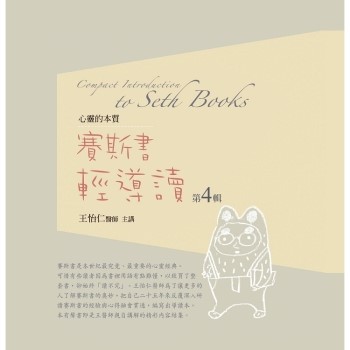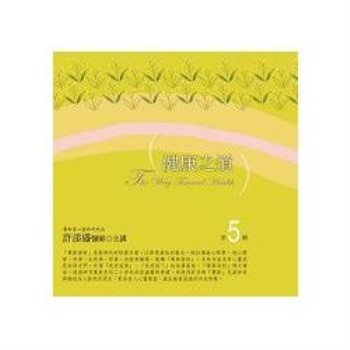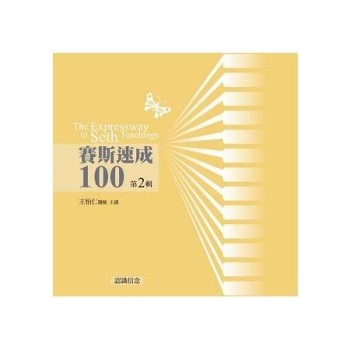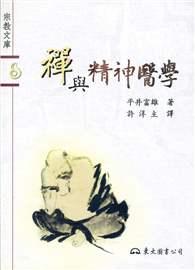PREFACE. THE need of a book of reference giving brief descrip- tions of the various chemicals and other substances which are employed in the paint, colour and varnish trades has been expressed to me by many correspon- dents. In the following pages I have endeavoured to satisfy that need with, I hope, some small measure of success. As regards the methods of manufacture pf pigments like white lead, vermilion, chrome yellow, Prussian blue, etc., I have only briefly referred to them, and for fuller details I would refer readers to my Manual of Painters Colours, Oils and Varnishes, in which they will find them fully described. In my book on Soaps will be found an extended account of the chemistry of oils, and a full account of the methods of extraction, and to this book reference may usefully be made. Although the coal tar colours have come to the front of late years for the preparation of lake pigments, only a brief reference to them has been made their number is now so great that it was quite impossible to note them in detail. Any one interested in them will find a detailed account in my Dictionary of Coal Tar Colours. CHEMICAL LABORATORY, 22 BLACKFRIARS STREET, SALFORD. March, 1901. GEORGE H. HURST. CONTENTS. PAGE PREFACE . v DICTIONARY OF CHEMICALS AND RAW PRODUCTS USED IN THE MANU- FACTURE OF PAINTS, COLOURS, VARNISHES, ETC. . . . 1 360 APPENDIX A. COMPARISON OF BAUME HYDROMETER AND SPECIFIC GRAVITY FOR LIQUIDS LIGHTER THAN WATER . . . . . . . 361 APPENDIX B. HYDROMETER TABLE FOR LIQUIDS HEAVIER THAN WATER . . . 362 APPENDIX C. COMPARISON OF TEMPERATURE DEGREES 364 APPENDIX D. TABLES FOR CONVERTING -FRENCH METRIC WEIGHTS AND MEASURES INTO ENGLISH WEIGHTS AND MEASURES 366 APPENDIX E. TABLE OF THE ELEMENTS, THEIR SYMBOLS, AND ATOMIC WEIGHTS . 370 INDEX, 371 ACCROIDES See Gum Accroides. ACETATES, A series of compounds derived from acetic acid by combination with metallic or other bases. Many acetates are valuable industrial compounds. They are gener- ally soluble in water a few containing basic oxides, such as those of copper and iron, are insoluble in water. When heated with dilute sulphuric acid they are decomposed and acetic acid is given off, with the formation of a sulphate of the base. The following acetates are those most used in the colour industry ACETATE OF AMMONIA The normal salt has the formula NH iC2H 3O it is mostly sold in the form of a solution in water, and is conveniently made by mixing the ordinary liquor ammonia with acetic acid. If glacial acetic acid be employed with the strong liquor ammonia, about equal volumes are required a solution of acetate of ammonia so prepared has a specific gravity of 1110. Acetate of ammonia may be obtained in the solid state, but as acetate of ammonia on heating readily passes into acetamide, C 2H aONH 2, the solid often contains that product. Acetate of ammonia is easily soluble in alcohol. The com- mercial article may be adulterated by addition of chloride or carbonate or sulphate of ammonia. These may be readily detected by the ordinary tests for chlorides, carbonates or ACETATES OF LEAD. sulphates. Acetate of ammonia should completely volatilise on heating. The proportion of real acetate of ammonia in a com- mercial product is best ascertained by determining both the acetic acid and ammonia by distillation with sulphuric acid and with caustic soda, as described under Acetic Acid and Ammonia. ACETATES OF LEAD...
| FindBook |
有 1 項符合
Dictionary Of Chemicals And Raw Products Used In The Manufacture Of Paints, Colours, Varnishes And Allied Preparations的圖書 |
 |
Dictionary Of Chemicals And Raw Products Used In The Manufacture Of Paints, Colours, Varnishes And Allied Preparations 作者:Hurst 出版社:Freeman Press 出版日期:2007-10-09 語言:英文 規格:平裝 / 420頁 / 21.59 x 13.97 x 2.36 cm / 普通級/ 初版 |
| 圖書館借閱 |
| 國家圖書館 | 全國圖書書目資訊網 | 國立公共資訊圖書館 | 電子書服務平台 | MetaCat 跨館整合查詢 |
| 臺北市立圖書館 | 新北市立圖書館 | 基隆市公共圖書館 | 桃園市立圖書館 | 新竹縣公共圖書館 |
| 苗栗縣立圖書館 | 臺中市立圖書館 | 彰化縣公共圖書館 | 南投縣文化局 | 雲林縣公共圖書館 |
| 嘉義縣圖書館 | 臺南市立圖書館 | 高雄市立圖書館 | 屏東縣公共圖書館 | 宜蘭縣公共圖書館 |
| 花蓮縣文化局 | 臺東縣文化處 |
|
|
圖書介紹 - 資料來源:博客來 評分:
圖書名稱:Dictionary Of Chemicals And Raw Products Used In The Manufacture Of Paints, Colours, Varnishes And Allied Preparations
|










